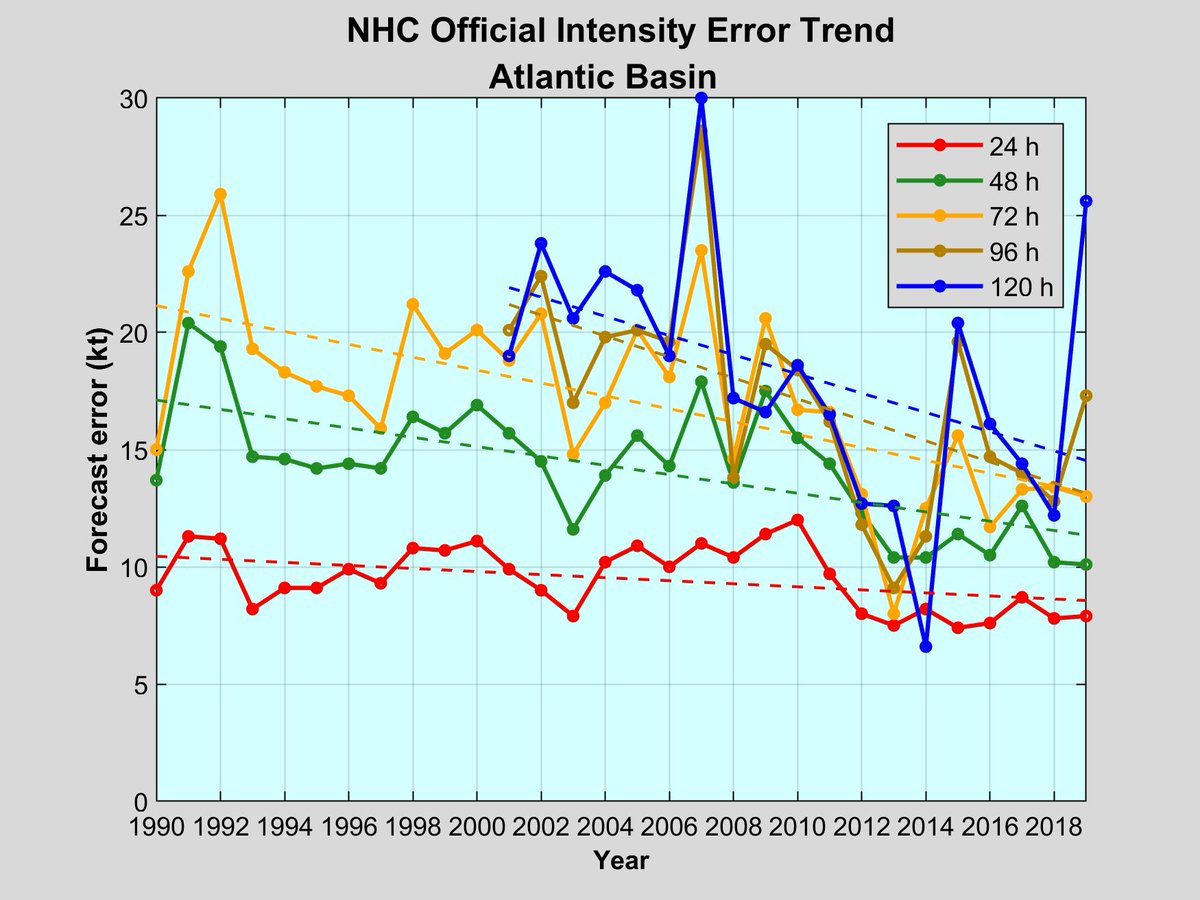
IEA urges Russia to ramp up gas supply to Europe 🛢
Gazprom says Nord Stream 2 is complete and ready to supply upon approval. In the meantime, gas reserves are perilously low heading into winter & prices keep doubling.
ft.com/content/eb2315…
Gazprom says Nord Stream 2 is complete and ready to supply upon approval. In the meantime, gas reserves are perilously low heading into winter & prices keep doubling.
ft.com/content/eb2315…
Plenty of capacity is available in other pipelines thru Ukraine to meet demand, but Russia is said to restricting gas supplies. Putin holds all the cards.
euractiv.com/section/energy…
euractiv.com/section/energy…
Europe risks running out of gas very quickly if early winter is especially harsh. Prices would go thru the roof and significant populations would suffer the winter without affordable heating. This is shaping up to be a predictable catastrophe.
bloomberg.com/news/articles/…
bloomberg.com/news/articles/…
I've read analysis pieces from Euro point of view that seem quite casual about this whole gas shortage. Greens see opportunity to accelerate the renewable energy transition, and maintain their EU climate leadership.
Still might freeze to death. 🥶
cnbc.com/2021/09/20/bri…
Still might freeze to death. 🥶
cnbc.com/2021/09/20/bri…
This is discomforting to read from France energy CEO 🥶
“We hope the start of the winter will not be too cold in the northern hemisphere. Otherwise, we are in trouble.”
But the problem is too little fossil fuel investments? 🧐🛢
worldoil.com/news/2021/9/21…
“We hope the start of the winter will not be too cold in the northern hemisphere. Otherwise, we are in trouble.”
But the problem is too little fossil fuel investments? 🧐🛢
worldoil.com/news/2021/9/21…
OPEC head:
“Emotions have overtaken industry facts ... How do we change this narrative, because we’re losing it? Civil society and climate activists have taken over the space. Activist shareholders have held the industry nearly to ransom.”
“Emotions have overtaken industry facts ... How do we change this narrative, because we’re losing it? Civil society and climate activists have taken over the space. Activist shareholders have held the industry nearly to ransom.”
Qatar: “There’s a euphoria around the energy transition that’s forcing companies not to invest. People should not forget that new investments are needed to just keep output sustained. ... now realizing there’s a supply crunch and we haven’t even got into the winter season yet.”
UAE on LNG exports:
"No other fuel source can reliably supply the baseload power to heat and cool homes, drive heavy industry and expand economies, all while keeping emissions at a minimum.”
"No other fuel source can reliably supply the baseload power to heat and cool homes, drive heavy industry and expand economies, all while keeping emissions at a minimum.”
The moral of this story of the green energy transition is that you can't neglect the necessary baseload fossil fuels especially if the renewables blink out & domestic (gas) supplies are exhausted. Betting the house on a warm winter = yikes!
• • •
Missing some Tweet in this thread? You can try to
force a refresh













